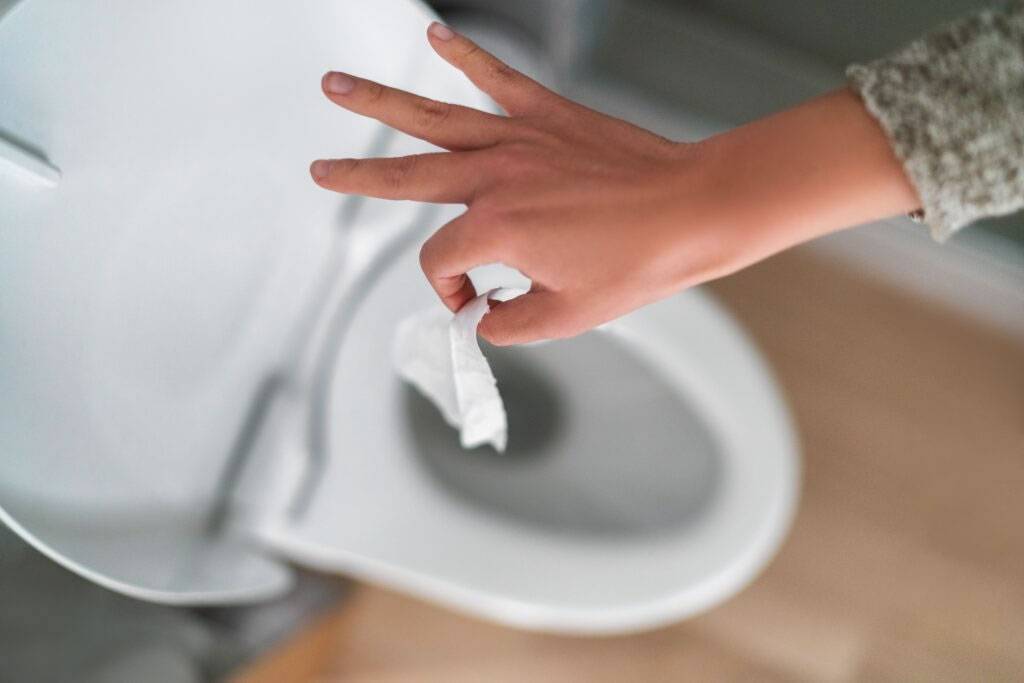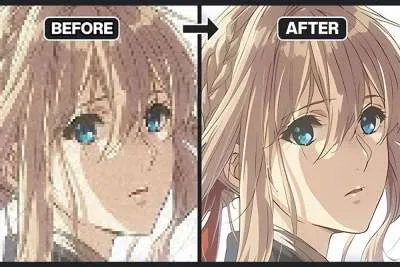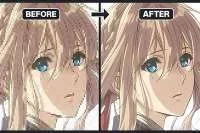Spain to ban flushing wet wipes and releasing plastic balloons in major environmental push
- 01-06-2025
- National
- Canarian Weekly
- Photo Credit: Shutterstock / AP Photo - Ric Francis
Spain is set to introduce tough new environmental rules banning the flushing of wet wipes down the toilet and the release of balloons that contain plastic into the air, in a bid to combat marine pollution and comply with EU directives.
The proposed legislation, announced this week, is part of the country’s effort to meet the UN Sustainable Development Goals and reduce the widespread impact of single-use plastics. Wet wipes and balloons are among the top ten plastic items most frequently found on EU beaches, according to data cited in the draft law.
“Wet wipes, even those made with natural polymers, can cause severe blockages in sewer systems because they do not fully disintegrate,” the draft legislation warns. These blockages reduce water retention capacity and increase the risk of overflows, particularly during periods of heavy rainfall.
The environmental and financial costs are considerable. According to the Spanish Association of Water Supply and Sanitation, the annual cost of clearing wet wipes from sanitation systems is estimated at €230 million.
Under the new law, manufacturers of wet wipes and balloons will be required to cover all cleanup and waste treatment costs. They’ll also be responsible for funding public awareness campaigns aimed at educating consumers on the environmental harm caused by improper disposal.
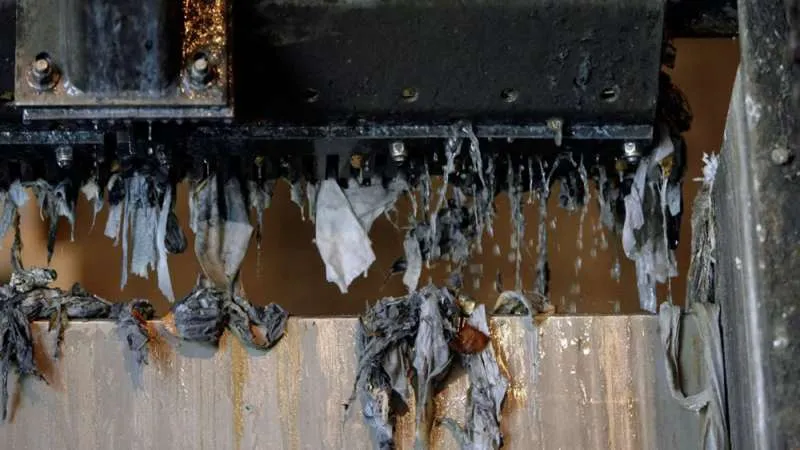
Although genuinely biodegradable wet wipes will be exempt from the flushing ban, Spanish authorities are still urging the public to avoid disposing of any wipes down the toilet.
The 10 single-use plastic items being addressed by the EU Directive are:
- Wet wipes and other sanitary items
- Balloons and sticks for balloons
- Cotton buds
- Plastic cutlery, plates, straws and stirrers
- Food containers
- Cups for drinks
- Drink containers
- Plastic bags
- Packets and wrappers
- Cigarette butts
While final details of the legislation are still being worked out, including how it will be enforced, officials say fines are under consideration for those who break the rules.
The law signals a significant shift in how Spain addresses plastic pollution, putting more pressure on producers and aiming to change everyday consumer habits.
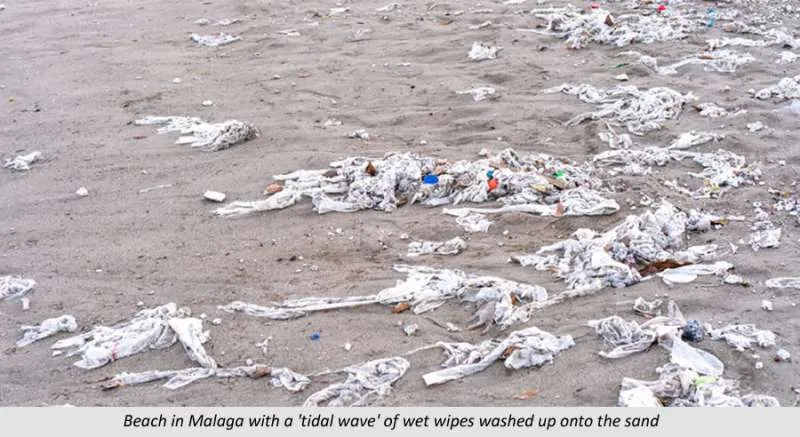
Other articles that may interest you...
Trending
Most Read Articles
Featured Videos
TributoFest: Michael Buble promo 14.02.2026
- 30-01-2026
TEAs 2025 Highlights
- 17-11-2025


